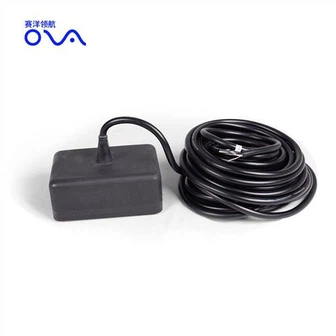The Legal and Regulatory Requirements for Satellite Compasses on Vessels
The Legal and Regulatory Requirements for Satellite Compasses on Vessels
Satellite compasses, also known as GPS or GNSS (Global Navigation Satellite System) compasses, have become increasingly popular among vessel owners and operators due to their accuracy, reliability, and ease of use. However, the legal and regulatory requirements for using satellite compasses on vessels differ depending on the flag state, type of vessel, and intended use.
Firstly, it is important to note that the International Maritime Organization (IMO) has recognized the use of GPS and other satellite navigation systems as an integral part of modern navigation practices. The IMO has issued several resolutions and guidelines on the use of electronic navigation equipment, including satellite compasses, to enhance the safety and efficiency of maritime transport.
Flag states may have their own regulations regarding the installation, maintenance, and use of satellite compasses on vessels. For example, the United States Coast Guard (USCG) requires vessels over 100 gross tons to have a backup navigation system, such as a magnetic compass or gyrocompass, in case the GPS system fails. In contrast, the United Kingdom Maritime and Coastguard Agency (MCA) does not have a specific requirement for backup navigation systems but encourages vessel owners to have redundancy in their navigation equipment. Vessel owners and operators should check with their flag state authority for specific regulations regarding satellite compasses on board.
Additionally, the type of vessel and intended use may affect the regulatory requirements for satellite compasses. For example, offshore supply vessels engaged in dynamic positioning (DP) operations must comply with specific standards set by the IMO and classification societies for DP systems, which may include requirements for satellite compasses. Moreover, if a vessel is operating in the Polar regions, it must comply with the IMO's Polar Code, which includes specific provisions for navigation and equipment, such as the use of polar-capable satellite compasses.
In conclusion, while satellite compasses offer many advantages for vessel navigation, it is important to comply with the legal and regulatory requirements for their use. Vessel owners and operators should consult with their flag state authority and classification societies for specific requirements and standards and ensure proper installation, calibration, and maintenance of satellite compasses on board. By doing so, they can enhance the safety and efficiency of their vessel operations and comply with international regulations.







